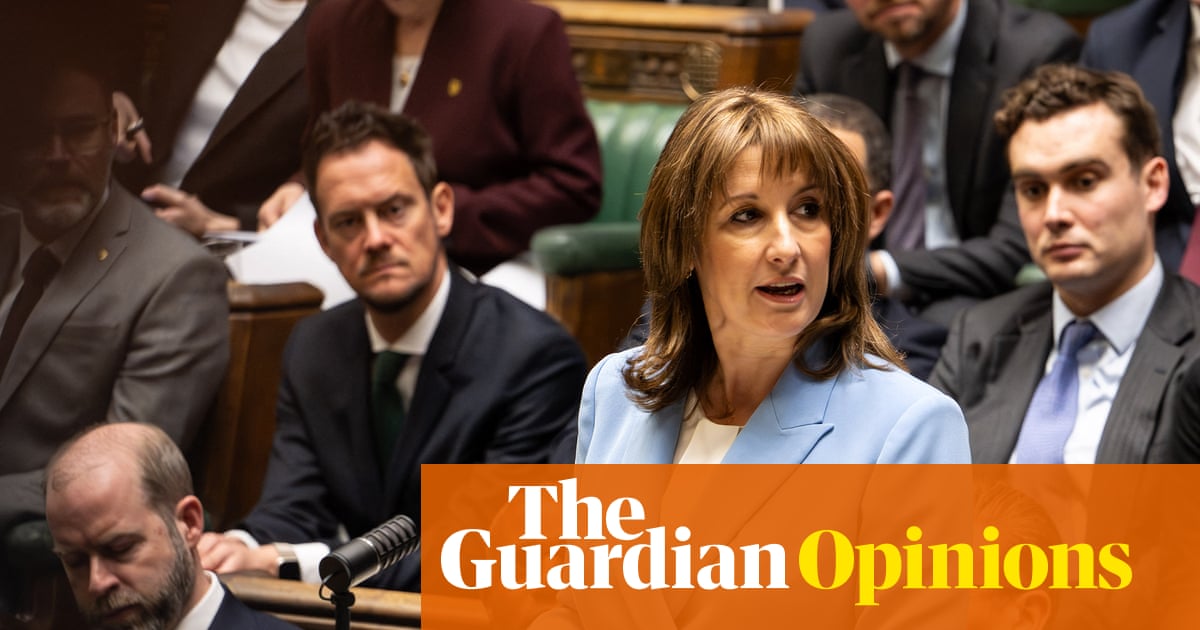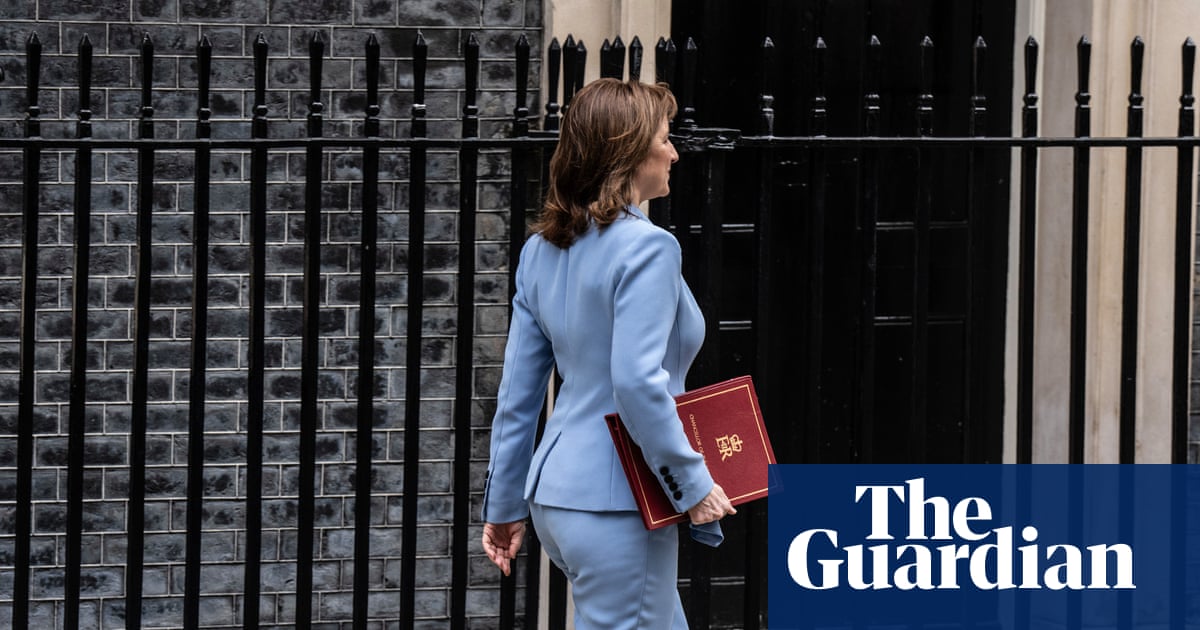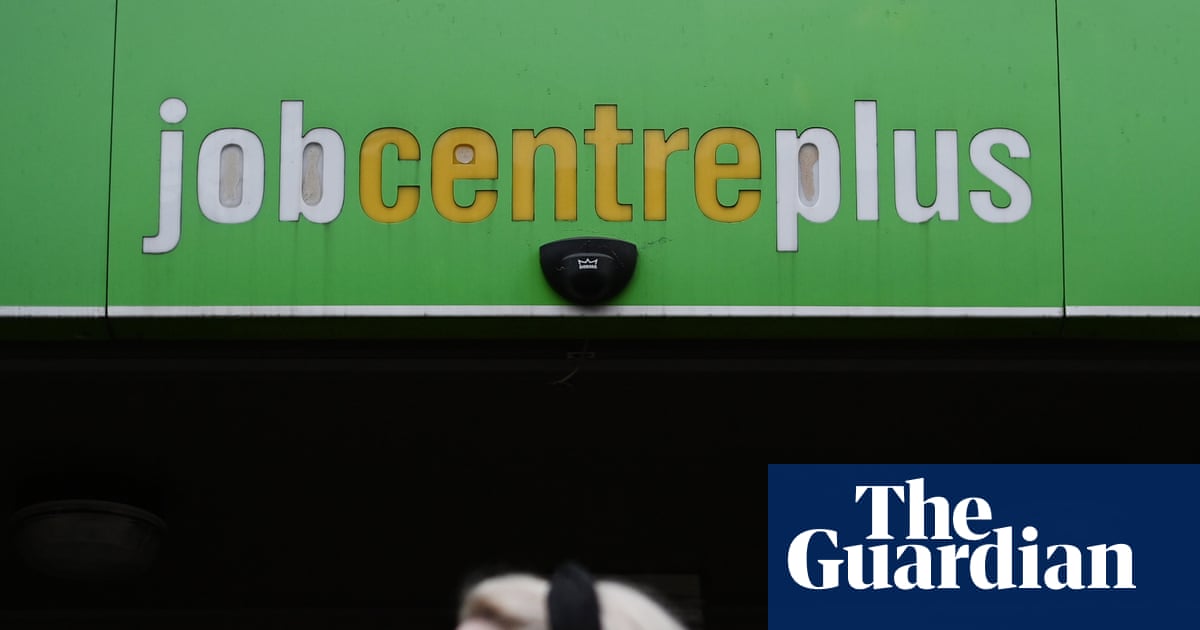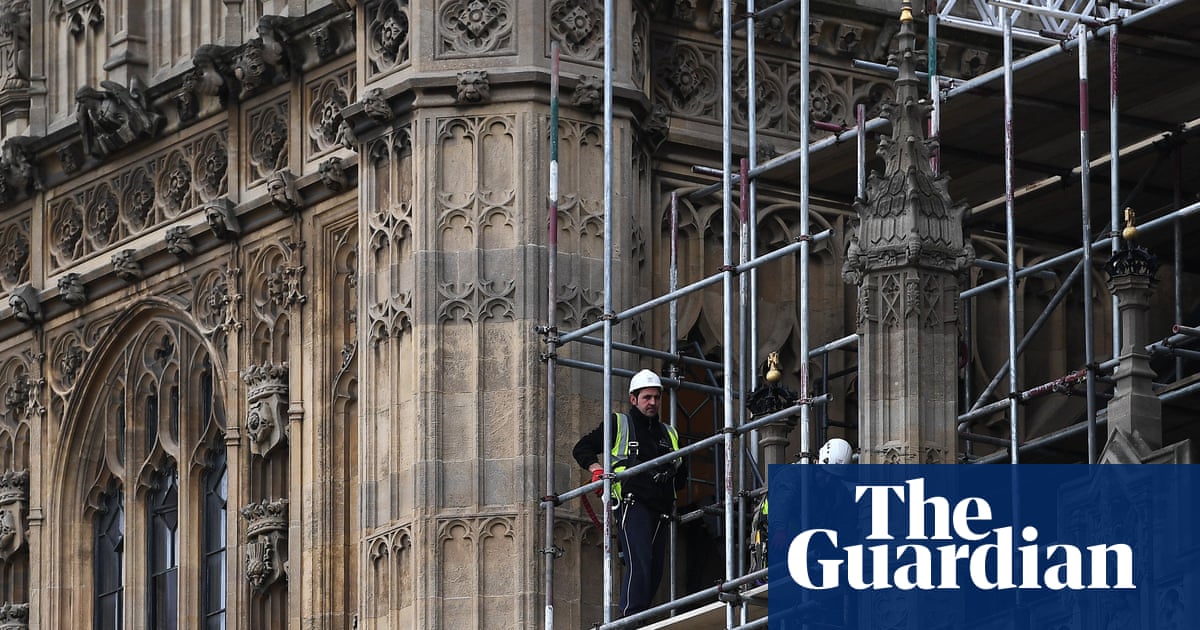Martin Kettle highlights the political importance of the upcoming budget and the difficulties facing Rachel Reeves as the Labour government considers the prospect of having to increase income tax (Rachel Reeves is damned if she raises income tax in the budget – and damned if she doesn’t, 6 November).
If Labour gets punished at the next election, it may not be because of a single broken electoral promise; it will more likely be because the electorate does not trust that there is a coherent, effective plan for governing.
I’m not convinced that in the UK we have any greater tendency to “possessive individualism” today, despite Thatcher’s declaration in 1987 that “there is no such thing as society”. That said, I’m sure many would accept the need to contribute more to the collective good if the government was clearer about its plans, demonstrated a willingness to stick to the task in hand, and adopted a more considered approach to the allocation of public money.
In terms of mitigating the fallout from tax rises, it’s possible that the government might receive a better response if it were to focus more on clarity of purpose and the collective benefits of well-funded public services, rather than relying on divisive catchphrases such as, “those with the broadest shoulders should pay their fair share”.
Prof Stephen Caddick
Worthing, West Sussex
Martin Kettle fails to mention two other long-lasting impacts of Thatcherism. During my time as deputy leader of the Labour group at Cambridgeshire county council, from 1985 to 1989, we faced an attack on local government, a punitive approach to local decision-making and, in the end, the removal of autonomy over setting the business rate. For every extra £1 we wished to spend, we were “fined” £3 in lost grant, so had to raise the rates by £4 to spend an extra £1.
Second, the privatisation of directly provided services, which moved a whole generation of public servants committed to serving the common good into the private sector to be “wealth creating” entrepreneurs.
I was fortunate to work alongside a development corporation committed to serving the common good, which, between 1970 and 1988, built 26,306 houses, of which 15,312 (58%), were social housing.
Brian Keegan
Peterborough
The media obsession with Labour preparing to “break manifesto promises” is infantile (Rachel Reeves refuses to rule out tax rises as autumn budget looms, 4 November). It is contemptuous of the voting public, much like a five-year-old who screams “but you promised” when their mum, having promised to take the child to the park, decided not to because it started to rain. The government should be commended for being flexible enough to change course, if only to mitigate the upheavals brought about by the current US administration.
Fawzi Ibrahim
London
If the chancellor wants to reduce household energy bills for the less well off (Reeves considers cut to green levies in effort to reduce cost of energy bills, 4 November), there is a simple way to do it. Abolish daily standing charges and bundle infrastructure costs into the usage charges. Then those who economise by using little or no energy will pay less, average users will pay much the same, and lavish users will pay just a small percentage more.
Nick Floyer
Chiswick, London

 3 months ago
70
3 months ago
70

















































